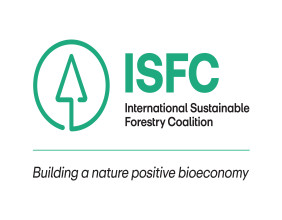Highlights
- Inkai operations suspended due to regulatory delays, boosting uranium prices.
- Cameco (CCO) and Kazatomprom manage the halted venture in Kazakhstan.
- The situation is expected to resolve with documentation updates.
The global uranium market saw a notable boost after operations at the Inkai joint venture in Kazakhstan were halted due to regulatory delays. This joint venture, managed by Canada’s Cameco (TSX:CCO) and Kazakhstan’s Kazatomprom (KAP), faced suspension following a delay in obtaining government approvals for essential project documentation.
The Inkai site, known for its significant uranium reserves, operates under an in-situ recovery method. However, the joint venture's paperwork, necessary to extend operations, was not submitted to Kazakhstan’s energy ministry in time. The unexpected delay in approvals led to the suspension of mining activities from January 1, 2025.
Cameco’s Statement on the Halt
Cameco, which holds a 40% stake in the Inkai project, expressed surprise and disappointment over the regulatory setback. The company revealed that it had anticipated approval for documentation extension before the end of 2024. However, the majority partner, Kazatomprom, directed the cessation of operations to avoid potential legal breaches under Kazakhstan's regulations.
Reports received by Cameco as recently as December 26, 2024, suggested no risks of production suspension. Following this unexpected development, the company is now assessing the potential impacts on production, finances, and dividends for the coming years.
Kazatomprom’s Assurance
Kazatomprom, which holds a 60% stake and oversees the joint venture, is working to resolve the issue. The company stated that the required documentation is expected to be submitted within weeks, with a resolution anticipated shortly thereafter. Kazatomprom also reassured stakeholders that its production plans for 2025 remain largely unaffected, citing sufficient uranium inventories to fulfill contractual obligations.
Production and Market Impact
Inkai holds estimated reserves of approximately 104.7 million pounds of uranium, making it a significant contributor to global uranium supplies. However, production figures for the year-to-date show a slight decline compared to 2023. The latest quarterly production stood at 2.0 million pounds, with 5.5 million pounds produced in the first three quarters of 2024, down from 6.3 million pounds in the same period last year.
Kazakhstan accounted for 43% of global uranium supply in 2022. Any disruptions in its production, such as this suspension, have immediate effects on the global market, pushing prices higher. While the Inkai suspension is expected to be temporary, it highlights the sensitivity of the uranium market to production changes in key regions.






